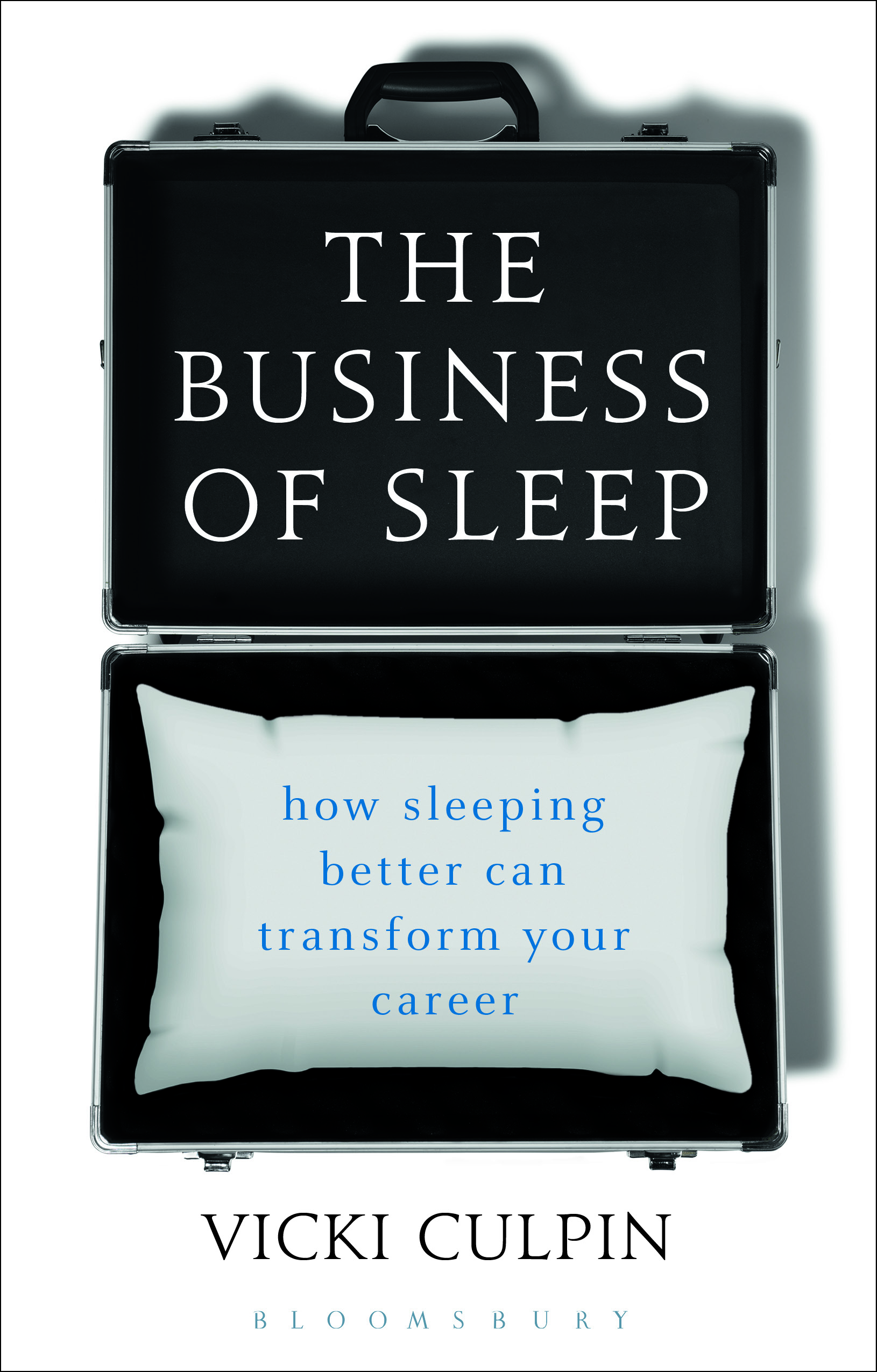The Business of Sleep
How Sleeping Better Can Transform Your Career


Vicki Culpin is Global Dean of Research and Professor of Organizationl Behaviour at Ashridge Executive Education, Hult International Business School, and a member of the Ashridge Leadership Team. She specialises in well-being research, specifically related to memory and sleep and has spent nearly 20 years researching memory, the impact of poor memory and how to improve it; and the effects of reduced sleep with a variety of individuals including older adults, children and forensic populations.
Would you let your employees come to work drunk? Presumably that is a 'gross misconduct' offence at most organizations – yet several nights poor sleep can be more debilitating for performance than being just over the DUI limits. It can also have devastating long-term health consequences. So why do organizations not work harder to create sensible sleep regimes for their employees, so creating better productivity for themselves? Vicki Culpin asks why, in a time when we know so much about the impact of poor sleep, do we do so little about it? Quoting from Dickens "It was the age of enlightenment, it was the age of foolishness".
Listen to our podcast with Vicki Culpin here.
In an age when poor productivity is increasingly seen as a core problem for businesses and economies, surely managing something that 100% of workers are affected by that will improve their "memory, attention, decision-making and creativity in the short-term and 7 of the 15 leading causes of death (in the US) in the long-term, such as cardiovascular disease, accidents, diabetes and hypertension" should be a no-brainer.
Culpin takes us through the basic elements of sleep: the non-REM sleep which is split into N1, N2 and N3/Slow Wave Sleep (SWS, deep sleep) which mostly occurs in the first half of a night's sleep, with the majority of REM/dreaming sleep in the second half, when we have atonia/muscle paralysis. But it is the work that is going on in our brains whilst asleep that is of real interest. The research Culpin cites shows that our pre-frontal cortex, the part of the brain that deals with complex, executive thinking, is significantly less productive for certain kinds of decision-making and creativity after just one night's poor sleep. Importantly, it is the 'divergent' thinking, where we need to create new solutions to complex challenges, drawing on a variety of sources and information, that is most affected – and this is what managers are most likely to be faced with, and rewarded for doing successfully, in today's ambiguous and volatile world.
The second half of the book deals with what can be done to improve sleep and our sleep culture – the startling thing being that most solutions are simple to enact, they just require a little individual self-discipline and a change of mindset in organizations to recognize that enabling good sleep is a productively clever thing for them to do.
Culpin has deep knowledge of the effects and impact of poor sleep regimes on organizational productivity both from her own direct research and, as this book shows, from her extensive knowledge of the literature.
The first step in making organizations change their habits is for them to become aware of these facts, and discard the traditional macho/presenteeism culture of long-hours and over-working, for a more agile and human approach that will bring long-term health and well-being benefits – and greater sustainability of high performance.
Title: The Business of Sleep: How Sleeping Better Can Transform Your Career
Author/s Name/s: Prof Vicki Culpin
Publisher: Bloomsbury Publishing
ISBN: 978-1-4729-3657-8
Publishing Date: March 2018
Number of Pages: 156
Author Knowledge Rating: 1-5 (based on their years of experience, academic expertise in subject areas, and exposure to cross-functional thinking in the area)













































































Readability: 1-5 score(1=dense and v academic; 5=frantic; page turner)















































































Appropriate Length: (1=could have been written in 25% of the length;5=could have been longer)















































































Core Idea Value: (1=nonsense (or entirely esoteric); 5=game-changer)






























































































